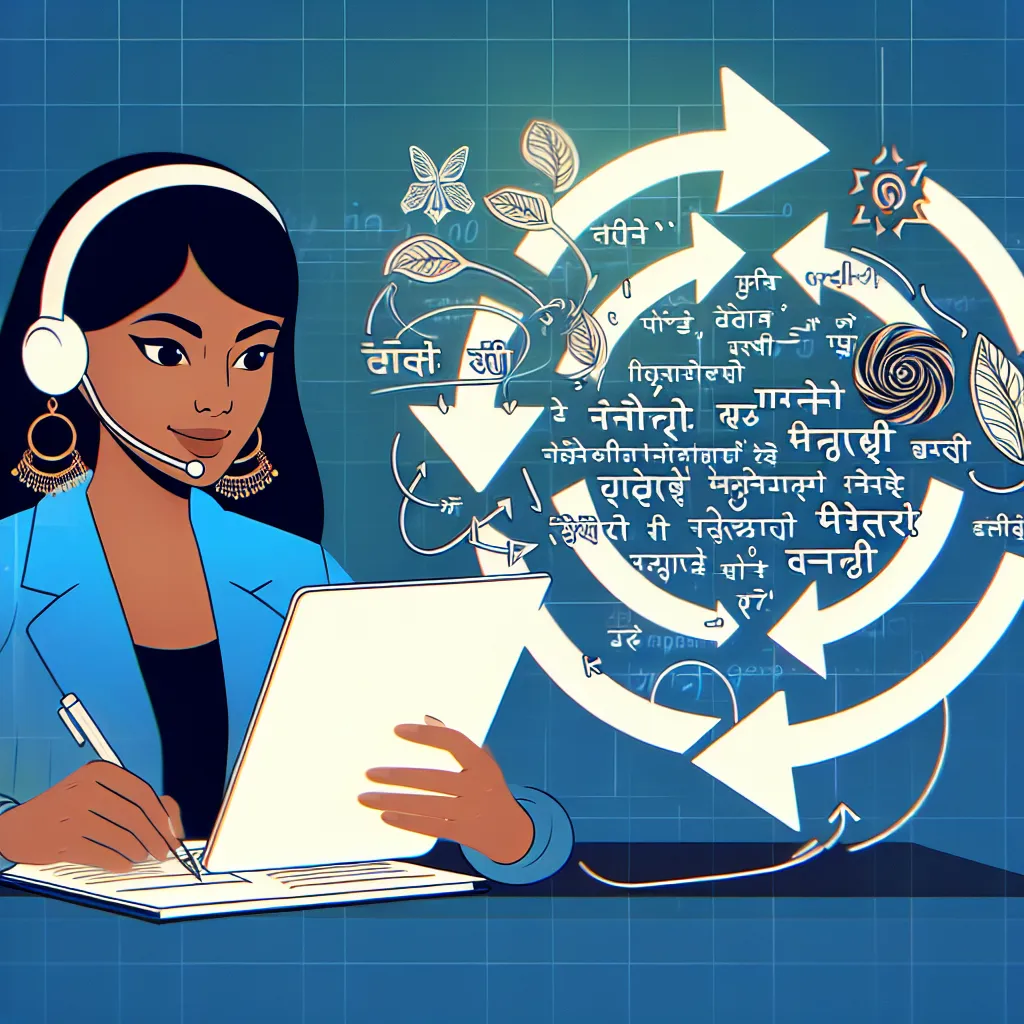Paraphrasing is a crucial skill for any English language learner or writer. It involves restating information in your own words while maintaining the original meaning. Mastering this skill can significantly improve your writing, reading comprehension, and overall language proficiency. In this article, we’ll explore ten essential tips to enhance your English paraphrasing skills.
Understanding the Importance of Paraphrasing
Before diving into the tips, it’s crucial to understand why paraphrasing is so important in English. Paraphrasing helps you:
- Demonstrate your understanding of a text
- Avoid plagiarism in academic and professional writing
- Improve your vocabulary and sentence structure
- Simplify complex ideas for better comprehension
- Adapt information for different audiences
 Importance of Paraphrasing
Importance of Paraphrasing
1. Read and Understand the Original Text Thoroughly
The first and most crucial step in effective paraphrasing is to fully comprehend the original text. This involves:
- Reading the text multiple times
- Identifying the main ideas and supporting details
- Looking up unfamiliar words or concepts
Without a solid understanding of the original content, it’s impossible to accurately paraphrase it. Take your time with this step, as it forms the foundation for all subsequent paraphrasing efforts.
2. Use Synonyms and Alternative Phrases
One of the most effective ways to paraphrase is by replacing words with synonyms or alternative phrases. However, be cautious when doing this:
- Ensure the synonyms you choose accurately convey the original meaning
- Be aware of subtle differences in connotation between similar words
- Use a thesaurus, but always double-check the context and usage of unfamiliar words
For example, instead of saying “The company’s profits increased significantly,” you could write “The firm’s earnings rose substantially.”
3. Change the Sentence Structure
Altering the sentence structure is another powerful paraphrasing technique. This can involve:
- Changing active voice to passive voice (or vice versa)
- Rearranging clauses within a sentence
- Breaking long sentences into shorter ones or combining short sentences
For instance, “The researchers conducted experiments to test their hypothesis” could be paraphrased as “Experiments were conducted by the researchers to test their hypothesis.”
4. Focus on the Main Ideas
When paraphrasing, it’s essential to capture the main ideas of the original text while possibly omitting less important details. This skill is particularly useful when summarizing longer texts. To do this effectively:
- Identify the key points and central arguments
- Prioritize the most important information
- Avoid getting bogged down in minor details
Remember, a good paraphrase should convey the essence of the original text without necessarily including every single point.
5. Use Different Parts of Speech
Transforming words from one part of speech to another can significantly alter the structure of a sentence while maintaining its meaning. For example:
- Change nouns to verbs: “The implementation of the plan” → “They implemented the plan”
- Convert adjectives to adverbs: “She made a quick decision” → “She decided quickly”
- Switch verbs to nouns: “They analyzed the data” → “Their analysis of the data”
This technique not only helps in paraphrasing but also enhances your overall language flexibility.
6. Practice Active Reading
Active reading is a crucial skill that supports effective paraphrasing. It involves:
- Taking notes while reading
- Highlighting key points
- Asking questions about the text
- Summarizing sections in your own words as you go
By engaging with the text actively, you’ll find it easier to paraphrase later, as you’ll have already begun processing the information in your own words.
7. Use Paraphrasing Tools Wisely
While paraphrasing tools can be helpful, it’s important to use them judiciously. These tools can provide a starting point, but they often lack the nuance and contextual understanding that human writers possess. When using paraphrasing tools:
- Always review and edit the output
- Use them for inspiration rather than relying on them entirely
- Be aware that overreliance on these tools can hinder your own skill development
Remember, the goal is to improve your own paraphrasing skills, not to become dependent on automated tools.
8. Practice Regularly
Like any skill, paraphrasing improves with practice. Set aside time to regularly practice paraphrasing various types of texts, such as:
- News articles
- Academic papers
- Literary passages
- Blog posts
Start with simpler texts and gradually move to more complex ones as your skills improve. You can find excellent practice materials on websites like LearnEnglish, which offers a variety of resources for English language learners.
9. Compare Your Paraphrase to the Original
After paraphrasing, always compare your version to the original text. This step helps you:
- Ensure you’ve captured all the main ideas
- Check that you haven’t inadvertently changed the meaning
- Identify areas where you might have unintentionally copied too closely
This comparison process is crucial for developing your paraphrasing skills and avoiding accidental plagiarism.
10. Seek Feedback and Learn from Others
Finally, don’t hesitate to seek feedback on your paraphrasing efforts. This can involve:
- Asking a teacher, tutor, or language exchange partner to review your work
- Participating in writing workshops or study groups
- Analyzing well-written paraphrases in academic journals or reputable publications
Learning from others’ techniques and receiving constructive criticism can significantly accelerate your progress in mastering paraphrasing skills.
Conclusion
Improving your English paraphrasing skills is a journey that requires patience, practice, and persistence. By applying these ten tips consistently, you’ll not only enhance your ability to paraphrase effectively but also improve your overall English language proficiency. Remember, paraphrasing is more than just changing words; it’s about understanding and conveying ideas in your own unique voice. Keep practicing, stay curious, and watch your paraphrasing skills soar to new heights.




